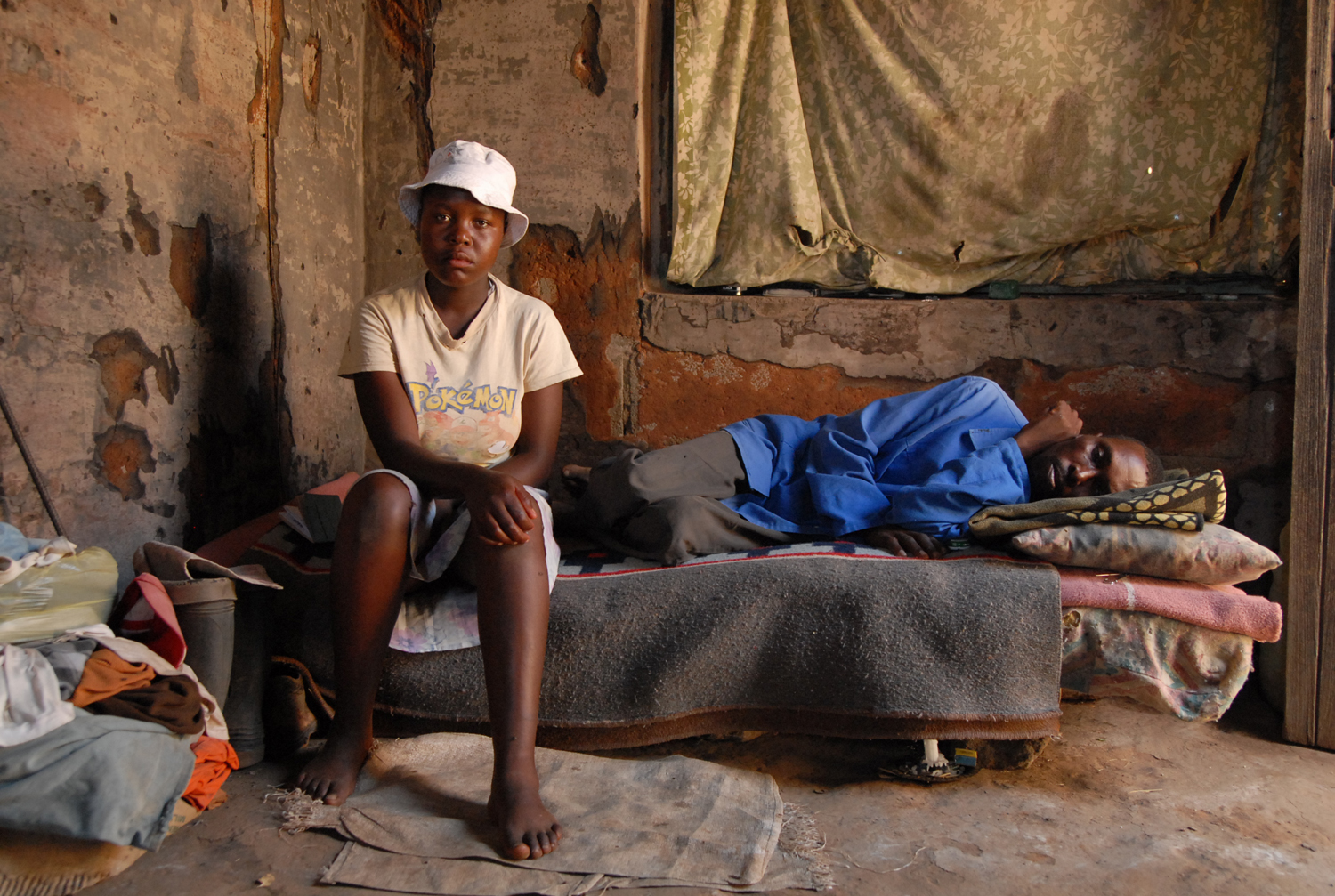“I am very disappointed,” she said from her place in a queue outside a small private clinic in the city centre, explaining that she had initially been referred from her local clinic to a hospital about 20km away. “Upon arriving at that hospital I was told that there is no dental anaesthesia and that the dentist is on leave.”
Makhanya’s story is echoed by many patients who have resorted to private clinics and pharmacies after struggling to get service at both government health facilities and those run by the Christian Health Association of Lesotho (CHAL), an organization made up of six different churches that provides 40 percent of health care in the country.
Thabo* was forced to go to a private doctor after failing to get drugs or a medical examination at government or CHAL health centres in Maseru.
“I went to the government clinic because I was going to pay only 15 maloti (US$2.14) but now I have to cough up 120 ($17.14),” he said.
Health centres under strain
In 2007, the government of Lesotho and CHAL, which runs 75 health centres and eight hospitals, many of them in rural areas where government health workers are reluctant to work, signed a Memorandum of Understanding with the aim of making health services more accessible to ordinary Basotho who could not afford even the nominal fees that both state and CHAL-run health facilities charged. Patients would now get free medical services and drugs at health centres and subsidized medical care and drugs at hospitals.
However, the resulting influx of patients put a huge strain on health centres and their supply of drugs and many over-burdened government and CHAL health centres have taken to referring patients to private clinics and pharmacies.
Head of pharmacy in the Ministry of Health and Social Welfare ‘Masoko Nt’sekhe described the situation as “very unfortunate”, particularly in the context of a country where about 60 percent of the population lives below the poverty line, but insisted that she had not received any official reports of drug shortages in hospitals. She added that late ordering of drugs and poor budgeting were more often to blame for drug shortages than a shortage of funds, and that stock-outs were more likely to occur in CHAL-run health facilities where the government had no direct control.
Nt’sekhe said Lesotho’s current financial crisis - the result of the global economic slowdown combined with a sharp decline in crucial revenue from the Southern African Customs Union (SACU) - had not affected public health services in any way. In fact, while other government ministries have faced budget cuts, the Ministry of Health and Social Welfare received a small increase in the 2011/2012 financial year and new posts have been created to employ more nurses and pharmacists.
Closure sparks protests
The closure of Queen Elizabeth II Hospital (commonly known as Queen II) on 1 October is likely to further stretch services at the country’s remaining hospitals, although 'Mateboho Mosebekoa, a public relations officer with the Ministry of Health and Social Welfare denied rumours that patients would be sent home to be cared for by their relatives. She said patients needing in-patient care would either be transferred to T’sepong Hospital, a new referral facility outside Maseru’s city centre, or to other district hospitals. “Only fully recovered patients will be discharged,” she said.
Unlike the new referral hospital however, Queen II served many outpatients and its closure has sparked protests among city residents who worry it will contribute to the gap in affordable health services.
Poor Basotho in rural areas have been the hardest hit by the decline in affordable health services. Mpho Makhobalo*, 22, told IRIN that the local CHAL clinic in her village of Nazareth, 43km from Maseru, had become little more than a place for patients living with HIV to collect their antiretroviral drugs (ARVs). “It no longer qualifies as a clinic,” she said. “The nurses who work there only tell those patients who are their friends when drugs are available and when other people go there they are told that the drugs are finished.”
A private clinic and pharmacy have opened in one of the area’s abandoned buildings in response to the demand for drugs while some locals are selling medications from their homes.
“Though this private clinic is expensive, it’s much better than our local clinic,” said another resident.
*not real names
ms/ks/cb
This article was produced by IRIN News while it was part of the United Nations Office for the Coordination of Humanitarian Affairs. Please send queries on copyright or liability to the UN. For more information: https://shop.un.org/rights-permissions





